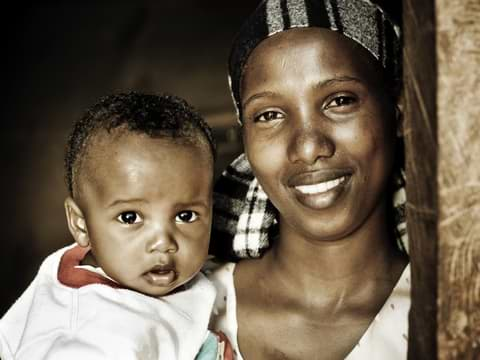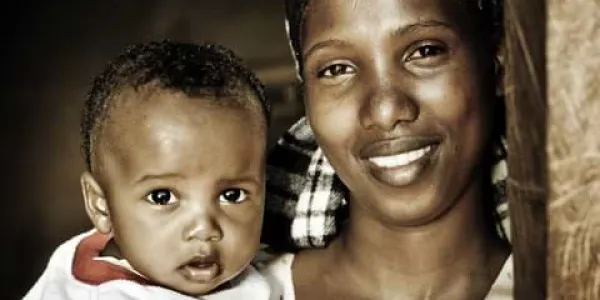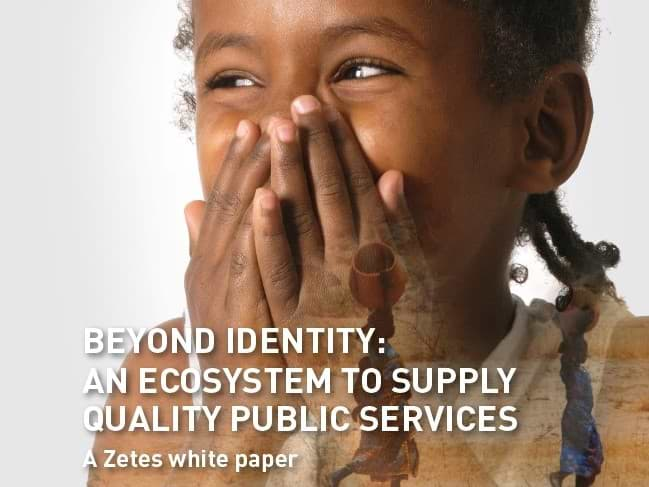This article was originally published by our Senior Vice-President, Ronny Depoortere on his LinkedIn Profile.

As Senior Vice President at Zetes PASS, Ronny Depoortere is responsible for the management of all the global Zetes People-ID government projects. Working in the ICT industry for more than 25 years, his area of expertise covers
- ID solutions, National Register & Biometrics Solutions
- Voter Registration solutions
- Border Control Solutions
- E-voting
- PKI & digital signature
- eGovernment & eID applications
- Software Solutions for Internet & eCommerce
In his current position, he has been in charge of the sales and implementation teams for several ID-driven projects in Africa and elsewhere, such as:
- the Belgian, Portuguese, and Israeli electronic identity card
- the Belgian, Gambian, and Ivorian ePassport
- voters’ registration and deduplication projects in the Democratic Republics of Congo, Togo, Benin, Uganda, Guinea, Cabo Verde, etc.
He built up his years of experience as sales, marketing and business development manager within technology companies such as Utimaco and Anixter.
Ronny Depoortere is a Civil Engineer in Electronics (University of Leuven) and holds a master’s and postgraduate degree in Business Administration (both from the University of Leuven).
A proof of personal identity issued by a national authority. In the west, and more specifically in Europe where the Zetes group has its roots, an identity is already a reality for the majority of people. And that is how it should be. However, this is a long way from being the case in the rest of the world. The number of people still living without official proof of identity is estimated at one billion. Unfortunately, they do not yet have the right to a legal identity. Our company’s ultimate dream is to remedy this injustice.
Zetes complies with various initiatives in order to make this dream a reality. For example, this ambition of an identity for all is included on the United Nations’ Sustainable Development Agenda. The primary element of this agreement, which was signed by all 193 members of the United Nations in 2015, is a collection of 17 sustainable development goals (SDGs) to be achieved jointly by 2030. One of these goals, SDG 16.9 to be precise, specifies a legal identity for everyone based on correct registration at birth. This commitment by the United Nations does not come from nowhere, some years before on 21 March 2013, the United Nations Human Rights Council had officially adopted an initial resolution relating to the right to registration at birth and to a legal identity.
Socio-economic progress
The United Nations ‘Agenda 2030’ offers more than a range of ambitious goals to achieve.
It is also a polite but urgent appeal to all stakeholders to work together in order to create a sustainable society. Alongside the authorities, the NGOs, the stakeholders on the ground and the citizens themselves, businesses also have the opportunity to play a part in order to allow systematic and reliable identification of citizens. The absence of this identification could represent one of the primary obstacles to accessing a wide range of socio-democratic and economic rights.
The estimates relate to around one eighth of the world’s population who still need to overcome challenges to prove who they are. Because of this situation, they often have difficulties accessing basic services such as education, healthcare and social welfare or are simply unable to hold a bank account or obtain telephone services. Not to mention the major economic opportunities they risk missing out on. I am thinking about the simple fact of having an official job and the protections associated with it, or being able to own or run a registered business.
However, legal identity for everyone, including registration at birth, has implications which go further than individual rights and opportunities : being able to register and verify the identity of its population is a key factor in the socio-economic development of a country. It allows the public sector of a country to offer high-quality services which are adapted to the needs of the citizens as well as to allocate available budgets and resources in an adequate, efficient way. In the longer term, correct identification of the population allows increases in revenues and promotes the economic growth of the country.
ID4D: identification for development
If it only depended on the United Nations, the whole of the world’s population would have a digital identity by 2030. Other stakeholders supporting this objective are the World Bank, the financial arm of the United Nations, which has set up its own programme called ID4D (Identification for Development) to sign up to the same sustainable development agenda as the United Nations.
Specifically, across all countries and sectors, ID4D aims to assist in the creation of partnerships between the agencies of the United Nations, non-government organisations, academia, private companies and various other donors. The World Bank hopes to utilise and invest to the maximum in these various partnership agreements in order to ensure that everyone can have a unique legal identity by 2030. Governments and companies can then rely on personal identification data provided by these initiatives in order to offer the best public and private services and provide or exercise legal rights, which is the ultimate objective of the ID4D initiative.
The global challenge of identification
Getting an overview of the number of people who do not have proof of identity is a colossal undertaking, but a necessary one, as is acknowledged by the World Bank through its ID4D initiative. In order to improve the visibility of the global challenge of identification or on the global identity gap, the financial body is gathering as much relevant information as possible. As well as the Global ID4D Dataset which relies on figures from the official bodies responsible for identity, electoral registers and UNICEF figures on birth registrations, the World Bank is also using representative surveys from 99 countries collected in conjunction with its Global Findex team.
These two instruments help the World Bank and its partners to focus their efforts on the countries which are in most need. It appears from the most recent data that 81 percent of the people without official proof of identity come from Sub-Saharan Africa or South Asia.
This clearly indicates that we need to redouble our efforts in these specific regions.
Strong affinities with Africa
It goes without saying that, as a specialist in identification solutions, we are in agreement with the cause of these initiatives, wherever they are in the world. However, we continue to pay very careful attention to the challenges faced by Africa. It is not without reason that our efforts have been focussed on this continent for some time. I will go into more detail on this in a later post.

